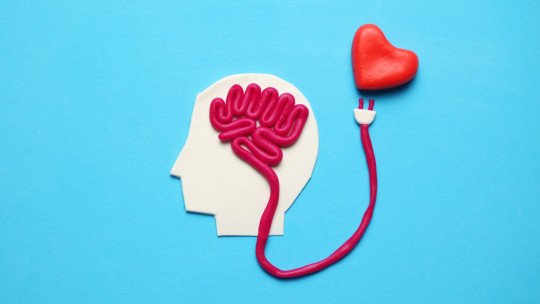How can artificial intelligence help in the psychological field? Discover some ideas about how artificial intelligence can already be used to improve psychological care.
When the excavator was invented, those who were dedicated to opening trenches manually may have thought that their jobs would be in danger. What surely happened is that many people learned to use the new machinery and more, deeper trenches were dug in less time and with less effort. But how Artificial intelligence can be used to improve psychological care ?
Artificial intelligence in psychology
The adaptation to the new tools based on artificial intelligence (AI) It is increasingly relevant in all professional sectors, including the field of psychology. In my opinion, as AI advances and develops, it offers numerous opportunities to improve and transform the way we work in different fields. AI cannot replace psychologists but can complement our skills and abilities to offer more and better service to our patients.
Artificial Intelligence can perform repetitive tasks, analyze large amounts of data to assist in decision making, identify complex patterns, make drawings to represent ideas, etc. This can free up time and resources for professionals to focus on tasks that only we can do because they require human skills such as empathy, creativity, perspective taking, or complex problem solving. Some of the ways in which artificial intelligence can help psychologists are the following:
- Generation of explanatory images: We can use an AI image generator to create graphic visualizations that help us explain complex ideas or concepts during a consultation. This can help patients better understand the concepts presented and engage more effectively in the therapeutic process.
- Search for scientific evidence: AI can analyze large amounts of scientific literature and find relevant evidence that supports certain ideas or therapeutic approaches. This can help us psychology professionals make more informed and evidence-based decisions, which in turn can improve the quality of care we provide to our patients.

- Therapeutic chatbots: I personally use the previous two, but I have not yet installed any Chatbot, although it catches my attention. A Chatbot trained in psychology could interact with patients, answer basic questions and provide theoretical coping strategies, for example, in times of crisis. They are by no means a replacement for therapy, but they could be useful as a form of additional support between sessions.
- Language and emotion analysis: Artificial Intelligence could be used to analyze the verbal and non-verbal language of patients during a therapeutic session. Natural language processing algorithms could help identify linguistic and emotional patterns that could be indicative of certain disorders or mood states. This could help us obtain more objective and accurate information about the emotional state of patients. To be implemented, for example, in the consultations of those of us who work primarily through video conference.
- Online therapy platforms: Online therapy platforms could be developed that offer low-cost interactive resources, guided therapy programs and personalized feedback based on the analysis of data collected during therapeutic sessions. This could expand citizens’ access to psychological care and provide more financially flexible therapy options.
These are some of the practical uses that the artificial intelligence in psychology Even so, this tool should always be used as a reinforcement, so we must exercise some caution.









